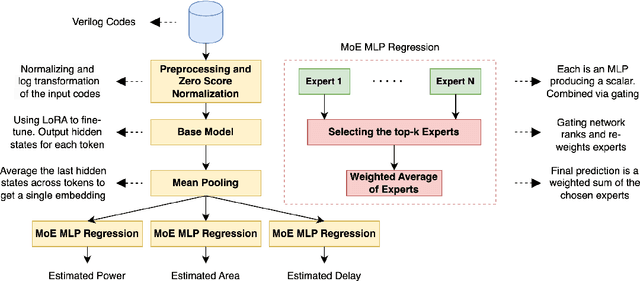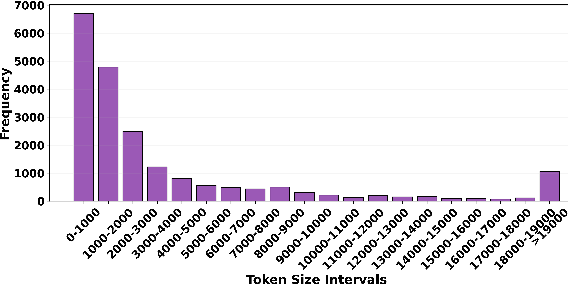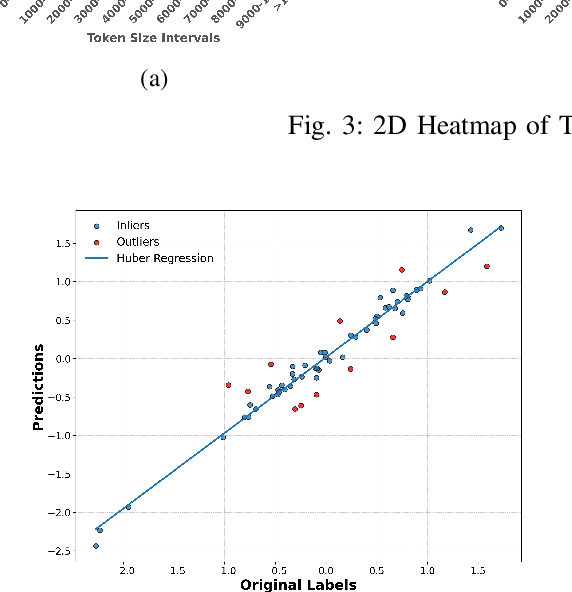RocketPPA: Ultra-Fast LLM-Based PPA Estimator at Code-Level Abstraction
Paper and Code
Mar 27, 2025



Large language models have recently transformed hardware design, yet bridging the gap between code synthesis and PPA (power, performance, and area) estimation remains a challenge. In this work, we introduce a novel framework that leverages a 21k dataset of thoroughly cleaned and synthesizable Verilog modules, each annotated with detailed power, delay, and area metrics. By employing chain-of-thought techniques, we automatically debug and curate this dataset to ensure high fidelity in downstream applications. We then fine-tune CodeLlama using LoRA-based parameter-efficient methods, framing the task as a regression problem to accurately predict PPA metrics from Verilog code. Furthermore, we augment our approach with a mixture-of-experts architecture-integrating both LoRA and an additional MLP expert layer-to further refine predictions. Experimental results demonstrate significant improvements: power estimation accuracy is enhanced by 5.9% at a 20% error threshold and by 7.2% at a 10% threshold, delay estimation improves by 5.1% and 3.9%, and area estimation sees gains of 4% and 7.9% for the 20% and 10% thresholds, respectively. Notably, the incorporation of the mixture-of-experts module contributes an additional 3--4% improvement across these tasks. Our results establish a new benchmark for PPA-aware Verilog generation, highlighting the effectiveness of our integrated dataset and modeling strategies for next-generation EDA workflows.
 Add to Chrome
Add to Chrome Add to Firefox
Add to Firefox Add to Edge
Add to Edge